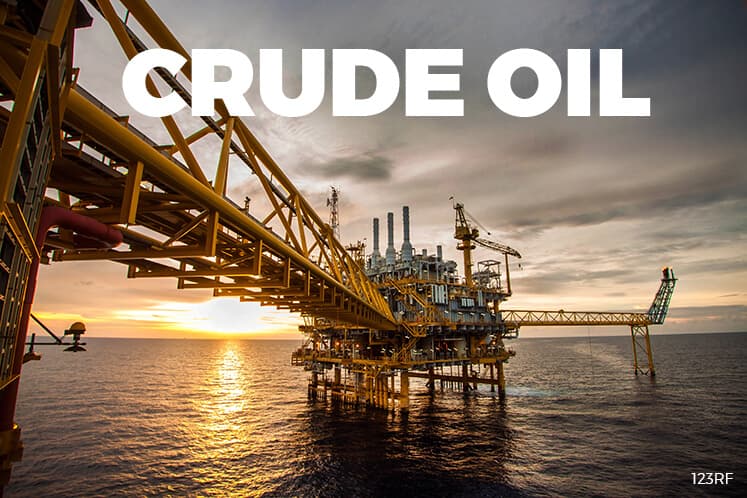
KUALA LUMPUR (April 6): Fitch Ratings forecasts oil prices to average US$52.50 per barrel (pb) in 2017, up from US$45.10pb last year but still below fiscal break-even levels (the oil price at which the government's fiscal balance would be zero under Fitch's forecasts) for 11 of 14 major Fitch-rated Emerging Europe, the Middle East and Africa (EEMEA) oil-exporting sovereigns.
In a statement on its website yesterday, Fitch Ratings said only Kuwait has a 2017 fiscal break-even price appreciably below our forecast oil price.
It said most major oil exporting countries in EEMEA still face pressure from low oil prices nearly three years after the oil price shock hit.
Fitch Ratings said oil prices have started to recover, but remain below levels that would balance government budgets in a majority of large EEMEA exporters.
“Fiscal break-even prices fell for most of these sovereigns last year, as national authorities responded with measures such as spending cuts, subsidy reforms, increasing production, and in some cases currency devaluation.
“However, these adjustments lagged the oil price fall. For three EEMEA sovereigns - Nigeria, Angola and Gabon - our forecast fiscal break-evens for 2017 are substantially higher than 2015, in part due to rising government spending,” it said.
Fitch Ratings said snother measure of exposure to low oil prices is the ratio of Sovereign Net Foreign Assets (SNFA) to GDP, which shows the resources available to compensate for lost hydrocarbon revenue, finance deficits and smooth economic adjustment.
It said SNFA declined by US$200 billion for the 14 EEMEA exporters in aggregate, with Saudi Arabia accounting for more than half of this.
“But SNFA/GDP has spiked in Abu Dhabi, Qatar and Kuwait due to a contraction in nominal GDP.
“Our sovereign ratings assessment incorporates the policy framework and quality and timeliness of the authorities' policy responses.
“Russia's coherent and credible policy response resulted in the revision of its Outlook to Stable in October 2016, marking the first positive rating action for any major Fitch-rated oil-exporter since the 2014 price shock,” it said.
Fitch Ratings said it is not always clear whether exporters will maintain policy responses.
It said fiscal adjustment has generally slowed as oil prices have risen, and some of the improvement in break-even oil prices in Gulf Co-operation Council exposures resulted automatically from lower power generation costs and falling fuel and utility subsidy bills.
“This will be partly reversed as oil prices recover, to the extent that prices have not been fully liberalised or brought above cost recovery levels,” it said.